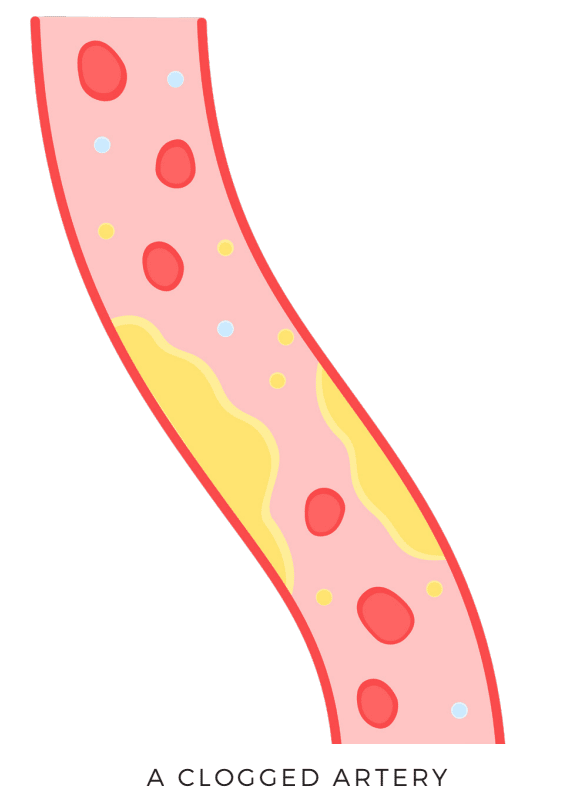
Home » The Basics To Understanding Cholesterol
The Basics To Understanding Cholesterol
- October 8, 2022
- Ashley Tyrner
Let’s discuss cholesterol, both the good and bad types of cholesterol, and the effect cholesterol has on your blood pressure. We will also give you a few tips and tricks on how to maintain your cholesterol.
 What is Cholesterol?
What is Cholesterol?
According to Heart.org, cholesterol is a waxy substance the body needs to “build cells and make vitamins and other hormones.” While some cholesterol is necessary to help your body, too much can cause high blood pressure, heart disease, and even stroke. Your liver produces all the cholesterol your body needs, while the rest comes from animal-based foods such as meat, poultry, and dairy. Because these foods have high levels of saturated and trans fats, the extra fats can result in cholesterol build-up and cause plaque to form in the body’s arteries. When arteries are blocked, it is harder for blood to pass through and deliver nutrients throughout your body. This puts a strain on your heart and increases blood pressure.
How to Improve Your Cholesterol
Here are four lifestyle changes you can make to improve your overall health, including your cholesterol and high blood pressure.
1. Eat Heart-Healthy Foods
Fruits & Vegetables – Studies show diets consisting of more fruits and vegetables are linked to healthier hearts and a lower risk of developing diet-related illnesses, including heart disease, hypertension, and type 2 diabetes. Plant-based foods do not contain cholesterol and can help lower your cholesterol levels. Fruits and vegetables are also rich in fiber. Fiber can help reduce the absorption of cholesterol into your bloodstream.
Healthy Fats – Healthy fats are important for heart health. Choose healthy fats such as omega-3 and omega-6 fatty acids over saturated fats. A diet with too much saturated fats can have a negative impact on heart health. Omega-3 fatty acids, on the other hand, don’t affect LDL (“bad”) cholesterol and can reduce blood pressure. Quality fat sources include avocados, eggs, fatty fish, and nuts.
Herbs and Spices Instead of Salt – Herbs and spices can reduce sodium in your diet by adding natural flavors to your foods. The sodium in salt affects fluid balance in the body because the body stores more water in an attempt to clear out the salt. The stored water puts stress on your heart. This makes your heart work harder and raises your blood pressure.
2. Exercise Regularly
Having a regular exercise routine is linked to improved heart health, resulting in lower blood pressure, healthier cholesterol levels, and more regulated blood sugar levels. Exercising a few times a week can help raise HDL (“good”) cholesterol, release positive emotions, and uplift your mood. Build a movement routine* by choosing physical activities you enjoy. This may include going for a walk, doing simple, at-home exercises, or joining a fitness class.
*Make sure to speak with your doctor before beginning any new exercise routine.
3. Quit Smoking
When you stop smoking tobacco, your HDL cholesterol levels improve almost immediately. According to MayoClinic.org, some of the benefits are:
- Within 20 minutes of quitting, your blood pressure and heart rate recover from the cigarette-induced spike
- Within three months of quitting, your blood circulation and lung function begin to improve
- Within a year of quitting, your risk of heart disease is half that of a smoker
4. Limit or Avoid Alcohol
Your liver, the organ that produces cholesterol naturally, also metabolizes alcohol. Drinking alcohol can raise your cholesterol levels because it is processed through the same organ that makes cholesterol. We recommend adults limit alcoholic beverages to one glass a day, or even avoid it. Too much alcohol may increase the “bad” type of cholesterol in the body.
